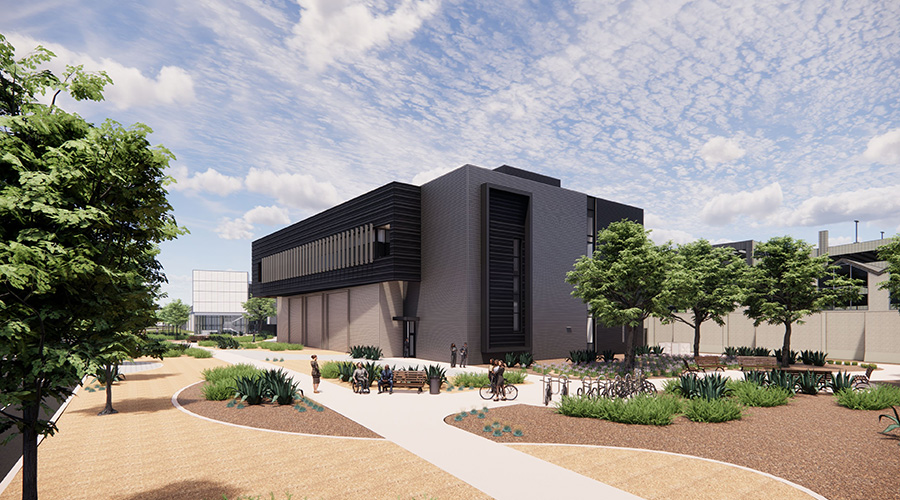Emergency preparedness for healthcare facilities these days seems to be all about responding to and maintaining reliable operations during the COVID-19 pandemic, and understandably so. The pandemic is putting pressure on nearly every aspect of facility operations, from staffing and scheduling to ensuring technicians have enough personal protective equipment.
But for emergency preparedness to be truly effective, managers need to remain vigilant regarding the full range of possible threats to hospital operations, and this includes such threats as earthquakes.
Researchers have published a scientific paper aimed at helping hospitals not only function after a major earthquake but effectively coordinate with each other to ensure the most severely affected patients receive timely treatment, according to Temblor. Luis Ceferino and his collaborators found that if hospitals are highly coordinated, they can cut patients’ wait times by more than half.
The team created a method that helps hospitals maximize coordination. It considers how a major earthquake will cause injuries and a subsequent surge in demand on the buildings, ambulances and other aspects of the healthcare system, as well as each aspect’s capacity to withstand major damage and continue to function.
In studying past earthquake responses and simulating potential future scenarios in Lima, Peru, the team learned that there is a spatial mismatch between where people live and where hospitals are, Ceferino said. While many people live on the periphery of the city in sprawling suburban neighborhoods, hospital resources are generally in the center of the city.
Click here to read the article.

 Grounding Healthcare Spaces in Hospitality Principles
Grounding Healthcare Spaces in Hospitality Principles UC Davis Health Selects Rudolph and Sletten for Central Utility Plant Expansion
UC Davis Health Selects Rudolph and Sletten for Central Utility Plant Expansion Cape Cod Healthcare Opens Upper 2 Floors of Edwin Barbey Patient Care Pavilion
Cape Cod Healthcare Opens Upper 2 Floors of Edwin Barbey Patient Care Pavilion Building Sustainable Healthcare for an Aging Population
Building Sustainable Healthcare for an Aging Population Froedtert ThedaCare Announces Opening of ThedaCare Medical Center-Oshkosh
Froedtert ThedaCare Announces Opening of ThedaCare Medical Center-Oshkosh